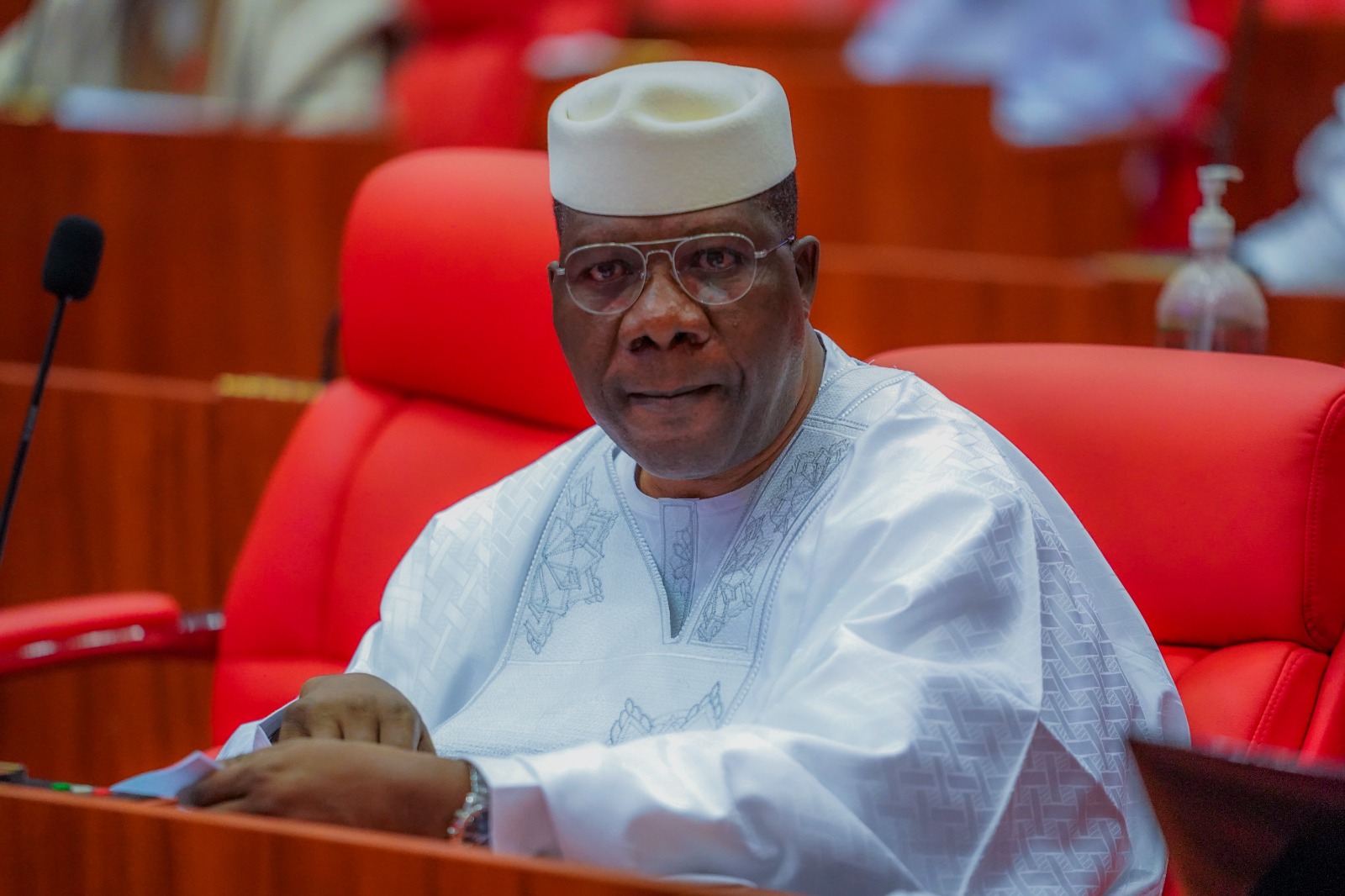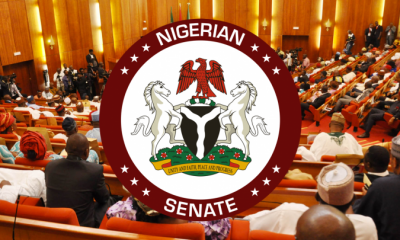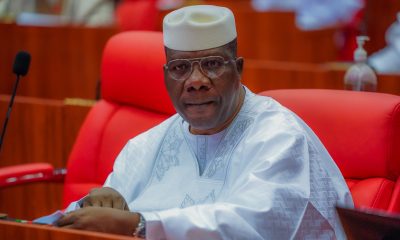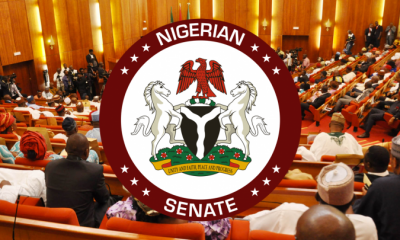The Senate has passed the 2024 – 2026 Medium-Term Expenditure Framework (MTEF) and Fiscal Strategy Paper (FSP) for implementation by the Federal Government.
The passage followed the presentation of a report by the chairman of the Joint Committees on Finance and National Planning & Economic Affairs presented by Sen. Musa, Mohammed Sani (Niger East).
The senate also tasked its Committees on Finance and Petroleum as well as Gas to investigate allegations of withheld funds by the NNPC, including NGN 8.48 trillion in petrol subsidies, and $2 billion (NGN 3.6 trillion) in unpaid taxes.
The allegation was highlighted by reports from the Nigeria Extractive Industries Transparency Initiative (NEITI) and the Revenue Mobilization, Allocation, and Fiscal Responsibility Commission.
The development comes following the Office of the Auditor-General of the Federation, saying it had received the necessary and complete documents required to verify the N2.7 trillion fuel subsidy claim by the Nigerian National Petroleum Company Limited against the government.
The Senate approved the exchange rate projection of 1,400 USD for 2025-2027 with a provision for review in early 2025, based on prevailing monetary and fiscal policies.
They also resolved that any excess on the official figure would be used for debt servicing.
During the debate on the report submitted by the Chairman Senate Committee on Appropriations, Senator Sani Musa (APC, Nigeria East ), the Lawmakers also demanded a reduction in the petrol prices against the backdrop of the commencement of the Port Harcourt Refinery.
Chairman of the Senate Committee on Appropriations, Senator Adeola Olamilekan referenced the Federal Government’s Compressed Natural Gas initiative as the underlying imperative for the adoption of the N1400 to one dollar.
According to him: “With the functioning of our refineries the demand for Forex will drop. With the CNG initiative, Nigerians will have an option for your information if you leave Benin to Lagos the amount of fuel is about 130 thousand but with CNG you can’t use more than 48 thousand Naira. Another issue to be addressed is the recurrent to-capital ratio which is very high.
The need to support the manufacturing industries was also raised by Senator Yahaya Abdullahi, of the Peoples Democratic Party, Kebbi North if the projections of the MTEF are to be achieved.
In their resolutions, the Senate also adopted inflation rate projections of 15.75, 14.21 and 10.04 per cent for 2025, 2026 and 2017 respectively.
According to the recommendations, “The 2025 Federal Government of Nigeria budget proposed spending of N47.9trilion of which N34.82 trillion is retained. New borrowings stood at N9.22tn, made up of both domestic and foreign borrowings.
Capital expenditure is projected at 16.48 trillion naira with statutory transfers standing at 4.26 trillion naira and sinking funds projected at N430.27billion.














